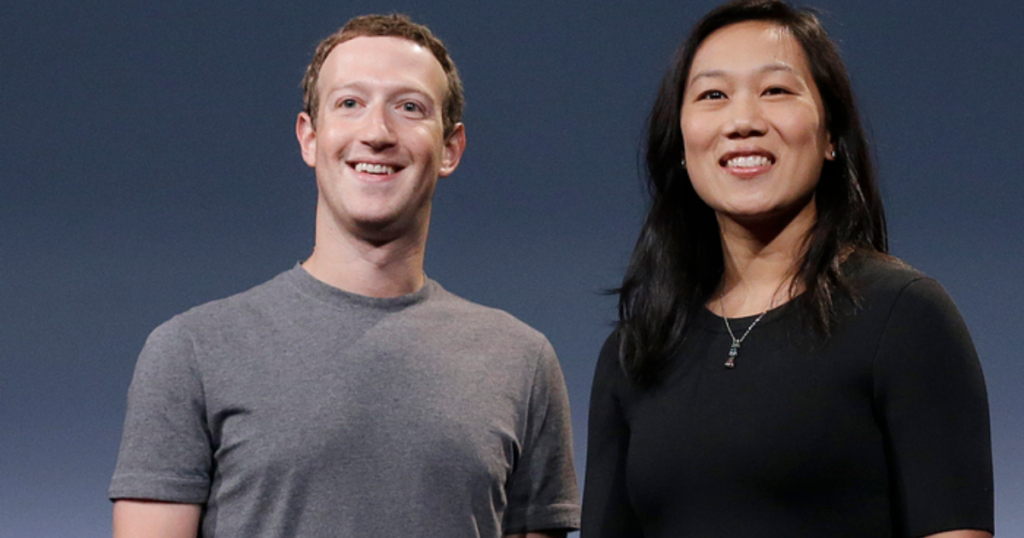Mark Zuckerberg and his wife, Priscilla Chan, have announced plans to construct a massive AI-focused computer system to model cells, which they say could help “groundbreaking discoveries prevent, or manage all diseases by the end of this century.”
The couple made the announcement in a release on the Chan Zuckerberg Initiative (CZI) site on Tuesday.
“AI is creating new opportunities in biomedicine, and building a high-performance computing cluster dedicated to life science research will accelerate progress on important scientific questions about how our cells work,” said CZI Co-founder Mark Zuckerberg. “Developing digital models capable of predicting all cell types and cell states from the genome will help researchers better understand our cells and how they behave in health and disease.”
The aim is to give researchers access to generative AI to study healthy and diseased cells, the Verge reports.
The idea surrounds the use of AI programmes as predictive models of human cells to help researchers have a clearer understanding of how the body responds to diseases or new medicines.
“Bringing the power of generative AI to biology at scale will allow researchers to incorporate these technological advances into their work, which will accelerate efforts to cure, prevent, or manage all diseases. AI models could predict how an immune cell responds to an infection, what happens at the cellular level when a child is born with a rare disease, or even how a patient’s body will respond to a new medication. We hope that this collaborative effort will generate new insights about the fundamental characteristics of our cells,” CZI Co-founder Chan stated in the release.
It’s like running a “virtual cell” through different simulations to see what could happen, as Chan and Zuckerberg put it in an essay published by MIT Technology Review.
To develop new AI models, the CZI-funded computing system will be trained on existing datasets, including from a Chan Zuckerberg software tool that has already catalogued some 50 million unique cells, the Verge reports.
Once completed, the new computing system is expected to be one of the largest AI clusters used for nonprofit research.




